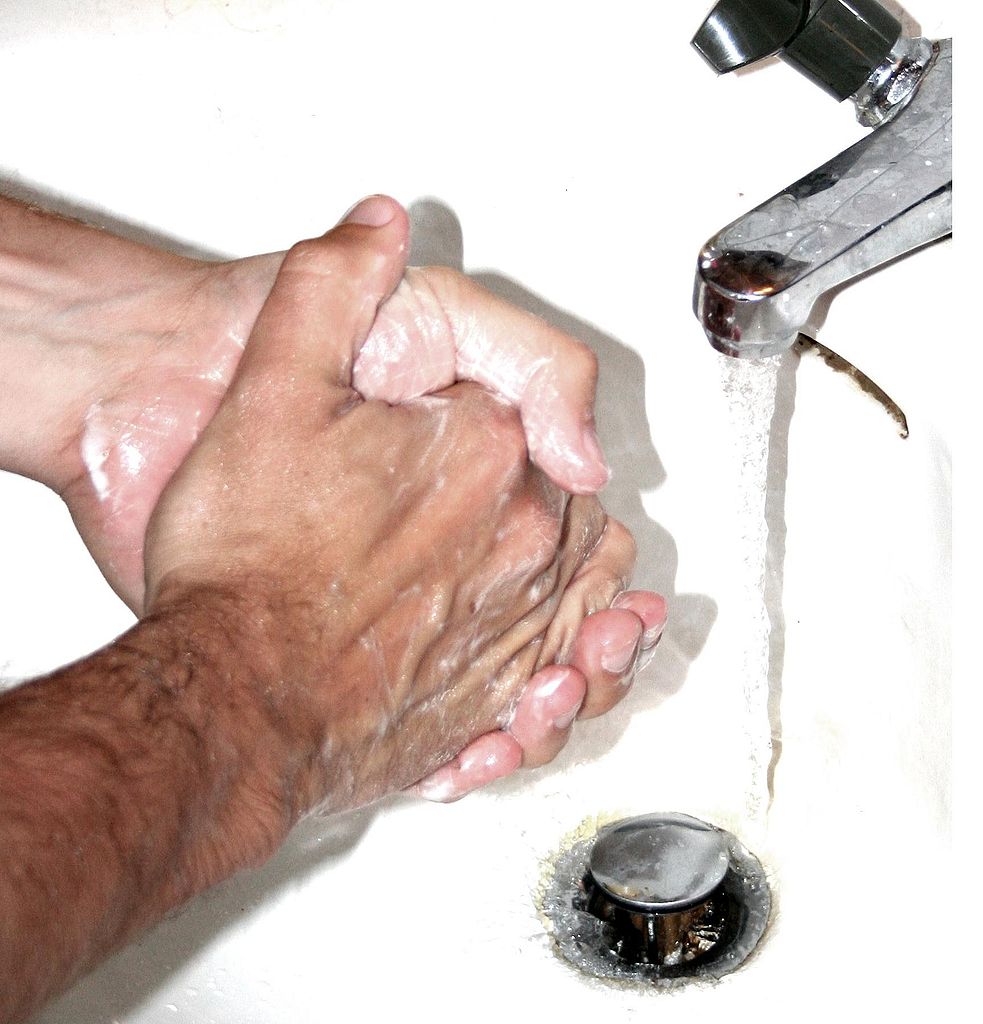A consumer rights protection magazine from New Zealand believes that antibacterial soaps do more harm than good.
Antibacterial soaps are little more than a marketing invention and at worst could actually be doing us harm, says Consumer New Zealand.
“Ads trumpet the soaps’ 99% bacteria-killing power successfully playing on our fear of germs and boosting multimillion dollar sales,” says Consumer NZ chief executive Sue Chetwin.
“But evidence these products provide any extra benefit is lacking – and there’s a chance they are doing us harm by reducing the effectiveness of drugs we rely on to fight infections when we do get sick.”
Triclosan and triclocarban are among the most common bacterial agents manufacturers use in their products. Both are being targeted by the US Food and Drug Administration (FDA). The agency has said it will require manufacturers to prove antibacterial soaps are safe for everyday use, and more effective than plain soap and water in preventing the spread of infections, Sue says.
The antibacterial agents are found in many products on supermarket shelves in New Zealand from brands like Dettol, Health Basics, Select, Protex and Palmolive, she says.
They are approved for use here but there is growing concern (that) use of antibacterial agents in consumer goods are contributing to the development of antibiotic resistance.
The growing use of antibacterial agents in consumer goods is contributing to concerns about their potential role in the development of antibiotic resistance, says the Consumer magazine.
Lab studies show bacteria exposed to antibacterial agents, such as triclosan, can become resistant to antibiotics. Whether this can also happen outside the lab isn’t yet known. Real-world studies have been limited and haven’t delivered definitive data for assessing the risk.
Both the FDA and scientific advisers in the EU have raised the need for more research. In a 2010 report on triclosan, the EU Scientific Committee on Consumer Safety stated the conclusions from lab studies can’t be ignored. The committee said it could only recommend the “prudent use†of the chemical where, for example, there was a clear health benefit.
Triclosan has also been found in waste-water in New Zealand. It’s one of the chemicals being tracked by researchers from the government-funded Centre for Integrated Biowaste Research, investigating the environmental effects of ingredients used in common household products.
Project leader Dr Louis Tremblay told Consumer NZ triclosan was an effective broad-spectrum antimicrobial but it should only be used where there was a clear benefit. It was overkill to use it in household soaps.
His advice was, if people wanted to do something for the environment, choose a plain bar of soap.
According to a report in the Los Angeles Times, studies cited by manufacturers to support claims that antibacterial soap provides any health advantage over using plain soap and water, have largely been dismissed by the United States FDA.
In December 2013, the U.S. Food and Drug Administration proposed a new rule that would force companies that make antibacterial soaps to prove that their products are effective and safe.
Federal regulators said that the two most common active ingredients in antibacterial soaps — triclosan and triclocarban — are no more effective at preventing the spread of illnesses than washing with plain soap and water.
Sue says antibacterial soaps were a solution to a non-existent problem – regular soap and water would get your hands as clean as they needed to be.
Product claims
Dettol Moisture Hygienic Soap
Claims: “Helps to remove germs and contains added moisturiser that helps leave your skin feeling soft and smoothâ€
Contains: triclocarban
Dettol Touch of Foam Hand Wash
Claims: “Kills 99.9% of germs … soft on skin, hard on germs, for healthy skin protected from germs and drynessâ€
Contains: benzalkonium chloride
Health Basics Antibacterial Hand Wash
Claims: “Enriched with plant extracts, aloe vera, and the indigenous harakeke flaxâ€
Contains: triclosan (product being reformulated)
Palmolive Antibacterial Defence Liquid Hand Wash
Claims: “Kills germs and defends … specifically formulated to provide you with long-lasting antibacterial actionâ€
Contains: triclocarban
Protex Antibacterial Soap
Claims: “Eliminates 99% of bacteria … contains higher levels of antibacterial agent than most of Protex soaps and leaves you feeling confident and cleanâ€
Contains: triclocarban
Select Anti-Bacterial Original Hygienic Liquid Hand Wash
Claims: “Kills 99.9% germsâ€
Contains: triclosan
(Source: Consumer New Zealand report on antibacterial soaps.)




Leave a Reply